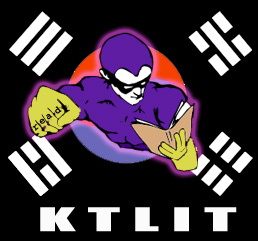 A very interesting post in the Guardian entitled Are books dead, and can authors survive?
A very interesting post in the Guardian entitled Are books dead, and can authors survive?
In short, it argues that books are likely dead, an argument that I agree with in parts, and that “authors” as a kind of hallowed creature, will certainly decline, if not disappear. The author, Ewan Morrison, is clearly in a great rush to bury books, so some of his argument seems forced, but in many way he also maps out a future of literature, albeit a future that is less and less in traditional ‘authoring’ and certainly less traditional publishing.
The lede is this:
Will books, as we know them, come to an end?
Yes, absolutely, within 25 years the digital revolution will bring about the end of paper books. But more importantly, ebooks and e-publishing will mean the end of “the writer” as a profession. Ebooks, in the future, will be written by first-timers, by teams, by speciality subject enthusiasts and by those who were already established in the era of the paper book. The digital revolution will not emancipate writers or open up a new era of creativity, it will mean that writers offer up their work for next to nothing or for free. Writing, as a profession, will cease to exist.
Morrison quickly limns the nature of the disaster for traditional literature, and then goes on to follow implications for individual authors. While I don’t agree with all of his content here, the rest is interesting and suggests a much flatter playing field for literatures and authors of all types. Morrison draws his conclusions from what he gleans from the previous experiences of:
- Home videos
- Music
- Porn
- Computer games
- Newspapers
- Photography
- Telecommunications
- The internet
In some ways, Morrison suggests his own solutions, at the very least noting that historically there has been support of artists of all sorts by corporate sponsors of one kind or another. In another way he doesn’t seem to get that the corporate profit has disappeared from these industries (take music) at the same time that successful middle level bands can make more direct money by touring or selling secondary products (take music). Worse, he randomly conflates industries which are by nature multi-creator (telecommunications) and those that are specific to artists (music, publishing and porn). In addition, with particular respect to publishing, Morrison seems unaware that he is talking about the decline of the publication industry, perhaps even more than authors.
And yet, his point seems solid – traditional approaches to publishing will have less and less traction in the world that lies ahead for publishing. And this, particularly, may be bad news for Korean translation of literature, because it has been, if anything, always 15 years behind whatever the current reality is in the field of publishing.
And yet, at the same time, it is a powerful opportunity if Korean translated literature can take an agile and cutting edge approach to dissemination.
And that is where I leave this post, to be followed up tomorrow with some conclusions.


